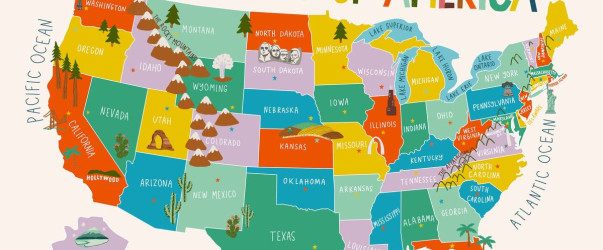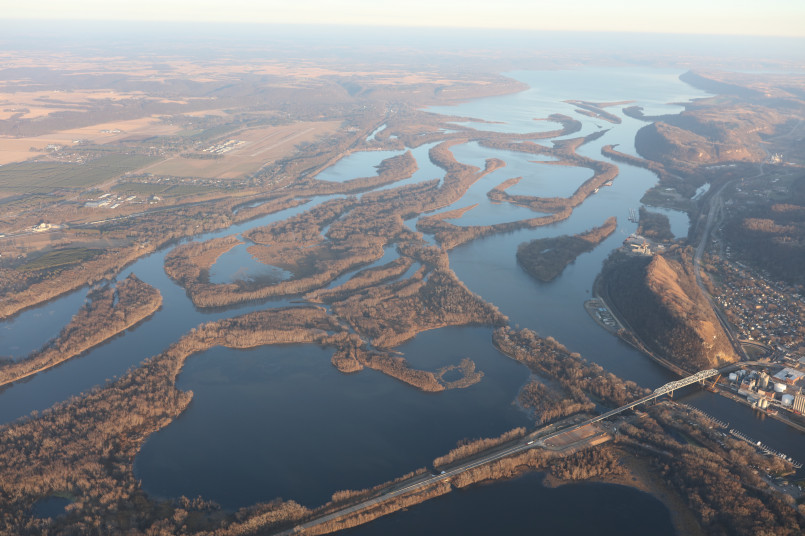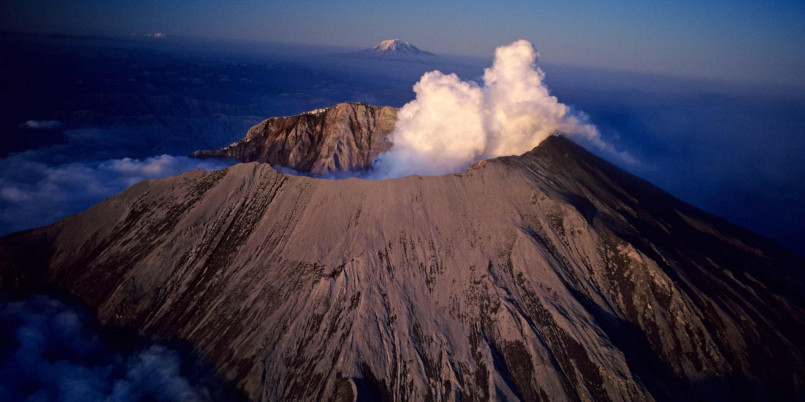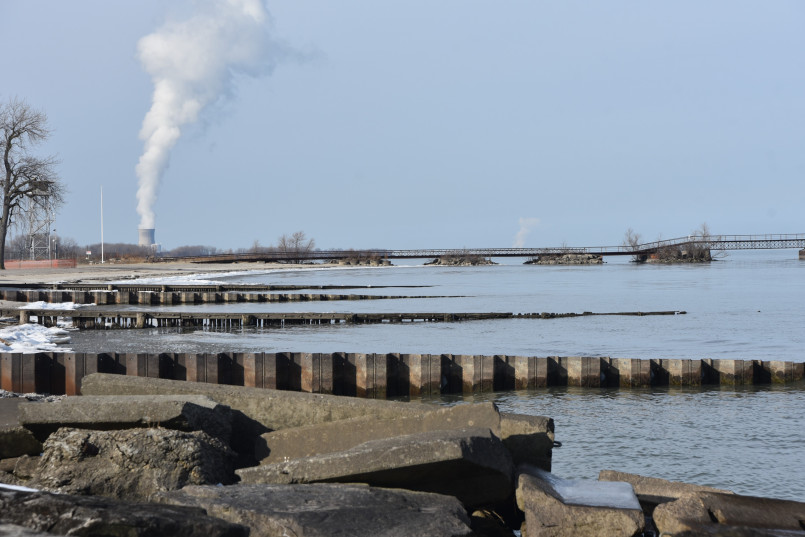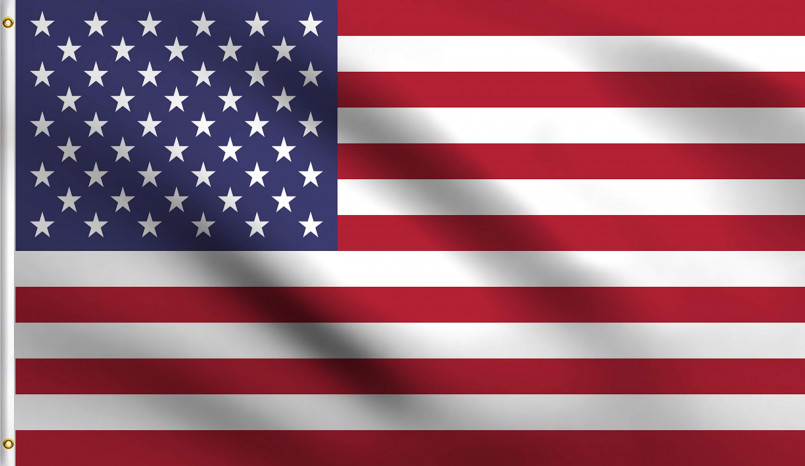Ever wondered why California is called California or how Tennessee got its name? The stories behind America's state names reveal a fascinating tapestry of Native American languages, European influences, geographical features, and historical figures that shaped the nation's identity.
The names of America's 50 states tell a rich story of the nation's diverse cultural heritage. From indigenous words to European languages, geographical features to honored individuals, each state's name carries historical significance that reflects the complex tapestry of American history. Some state names have remained virtually unchanged for centuries, while others underwent transformations through mistranslations or adaptations.
Understanding state name origins offers fascinating insights into America's colonial past, its relationship with Native American tribes, and the various influences that shaped the country. Let's explore the etymology behind all fifty state names and what they reveal about American identity.
Native American Origins: States Named from Indigenous Languages
Nearly half of America's state names derive from Native American languages, reflecting the profound influence of indigenous peoples on the country's linguistic and cultural landscape. These names often describe geographical features or local tribes:
Alabama - Named after the Alabama tribe, with the name possibly meaning "clearers of the thicket" in Choctaw.
Alaska - From the Aleut word "alaxsxaq," meaning "the mainland" or "the object toward which the action of the sea is directed."
Arkansas - Derived from the Quapaw (Ugakhpa) tribe, as filtered through Algonquian and French pronunciations.
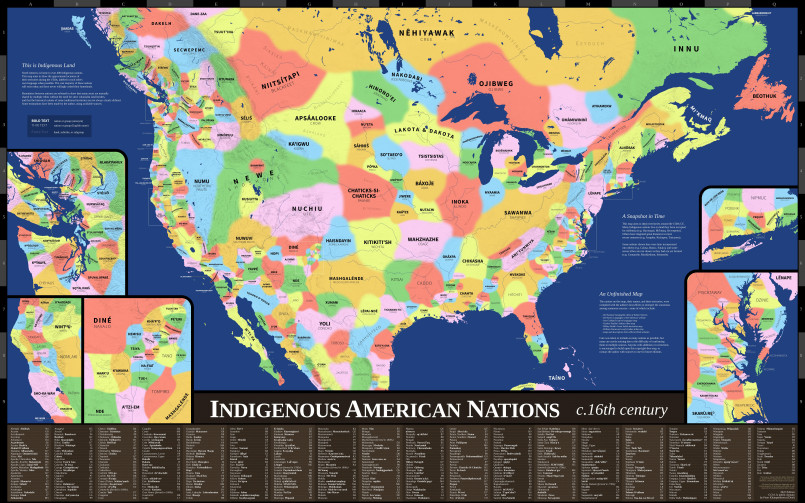
Connecticut - From the Eastern Algonquian word "quinnitukqut" meaning "at the long tidal river."
Illinois - Named after the Illinois tribe, whose name "Illiniwek" means "superior men."
Iowa - Named after the Iowa tribe, possibly meaning "sleepy ones" or "beautiful land."
Kansas - Named after the Kansa tribe, meaning "people of the south wind."
Kentucky - Possibly from an Iroquoian word "ken-tah-ten" meaning "land of tomorrow" or from "kain-tuck-ee" meaning "meadow lands."
Massachusetts - From an Algonquian word meaning "at or about the great hill."
Michigan - From the Ojibwe word "mishigami" meaning "large water" or "large lake."
Minnesota - From a Dakota Sioux word "mnisota" meaning "cloudy water" or "sky-tinted water."
Mississippi - From the Ojibwe word "misi-ziibi" meaning "great river."
Missouri - Named after the Missouri tribe, meaning "people of the big canoes."
Nebraska - From an Oto word meaning "flat water," referring to the Platte River.
North/South Dakota - Named after the Dakota Sioux tribe, meaning "allies" or "friends."
Ohio - From an Iroquoian word meaning "good river" or "large creek."
Oklahoma - From the Choctaw words "okla" and "humma" meaning "red people."
Tennessee - Named after Cherokee villages called "Tanasi."
Texas - From a Caddo word "taysha" meaning "friends" or "allies."
Utah - From the Ute tribe, possibly meaning "people of the mountains."
Wisconsin - Possibly from a Miami word "meskonsing" later adapted by the Ojibwe.
Wyoming - From a Munsee Delaware word meaning "at the big river flat."
European Influence: Colonial Powers and Royal Tributes
Many states bear names influenced by European colonizers, reflecting Spain, France, and England's territorial claims and cultural impact on North America:
California - Named after a fictional island paradise in a 16th-century Spanish novel.
Colorado - Spanish for "colored red," referring to the reddish silt carried by the Colorado River.
Delaware - Named after Sir Thomas West, Lord De La Warr, an early English colonial governor.
Florida - Named by Spanish explorer Ponce de León, from "Pascua Florida" (Feast of Flowers), as he discovered it around Easter time.
Georgia - Named after King George II of Great Britain.
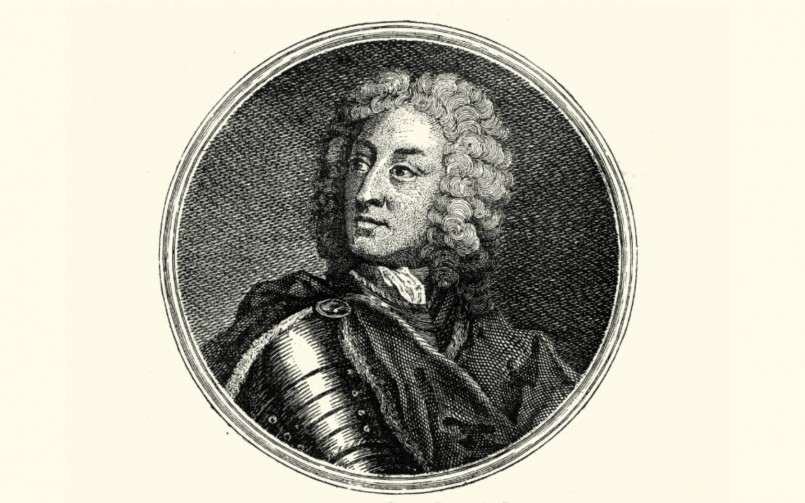
Louisiana - Named for King Louis XIV of France.
Maine - Possibly named for the former French province of Maine or for being mainland as opposed to coastal islands.
Maryland - Named for Queen Henrietta Maria, wife of King Charles I of England.
Montana - From the Spanish word "montaña" meaning "mountain."
Nevada - Spanish for "snow-covered," referring to the Sierra Nevada mountain range.
New Hampshire - Named after Hampshire, England.
New Jersey - Named after the Isle of Jersey in the English Channel.
New Mexico - Named after the Aztec Valley of Mexico.
New York - Named for the Duke of York (later King James II of England).
Oregon - Origin uncertain, possibly from French "ouragan" (hurricane) or from a Native American word.
Pennsylvania - Named after William Penn, its founder, combined with Latin "sylvania" meaning "woods."
Rhode Island - Possibly named after the Greek island of Rhodes or from the Dutch "Roodt Eylandt" meaning "red island."
Vermont - From French "verts monts" meaning "green mountains."
Virginia/West Virginia - Named for Elizabeth I of England, the "Virgin Queen."
Geographical Features: States Named After Natural Landmarks
Several states derived their names from distinctive geographical features that defined their territories:
Arizona - Possibly from the Spanish "árida zona" (arid zone) or from the Basque words "aritz ona" meaning "good oak."
Colorado - Named after the Colorado River, Spanish for "colored red" due to the sediment it carries.
Idaho - The exact origin is disputed, but it was once claimed to be a Native American word meaning "gem of the mountains."
Mississippi - Named after the Mississippi River, from Ojibwe "misi-ziibi" meaning "great river."
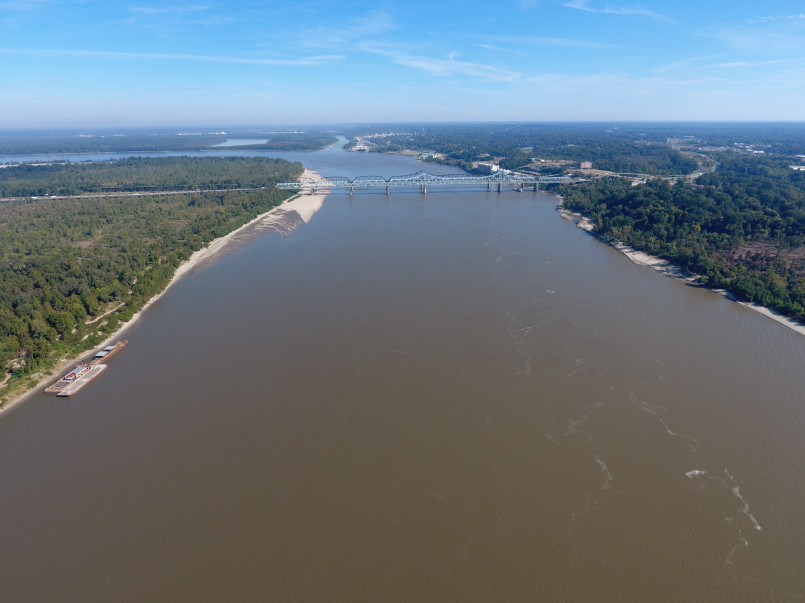
Montana - From the Latin word for "mountainous."
Nevada - Named after the Sierra Nevada mountains, Spanish for "snow-covered."
Vermont - From French "verts monts" meaning "green mountains."
Historical Figures: States Named After People
Some states honor influential historical figures, from explorers to royalty:
Delaware - Named after Lord De La Warr, early colonial governor.
Georgia - Named after King George II of England.
Louisiana - Named after King Louis XIV of France.
Maryland - Named after Queen Henrietta Maria of England.
New York - Named after the Duke of York (later King James II).
Pennsylvania - Named after William Penn, who received the land grant from King Charles II.
Virginia - Named after Elizabeth I, the "Virgin Queen."
Washington - Named after George Washington, the first U.S. president.
Religious Connections: States with Faith-Based Origins
Several states have names with religious significance or connections:
California - Named after a fictional paradise in a Spanish novel that was ruled by Queen Calafia.
Maryland - Named for Catholic Queen Henrietta Maria, the state became a haven for Catholics in colonial America.
Rhode Island - Founded by Roger Williams as a haven for religious freedom.
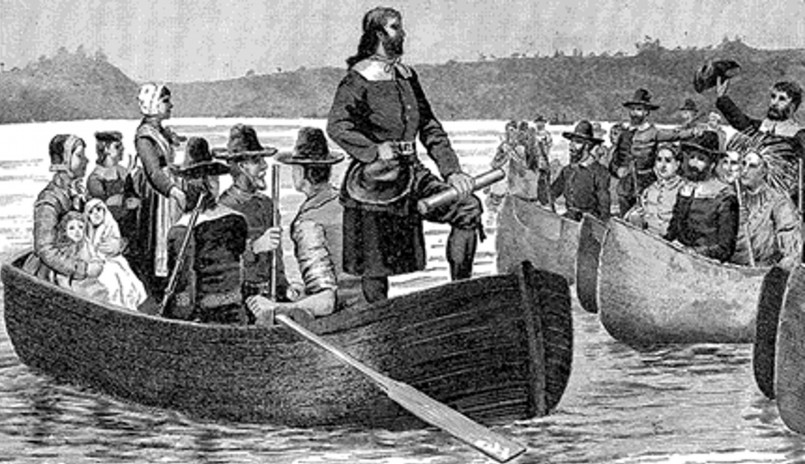
Pennsylvania - While named after William Penn, it was established as a Quaker colony with strong religious principles of tolerance.
Regional Naming Patterns Across America
Examining state names reveals interesting regional patterns:
New England states often have English-inspired names (New Hampshire, Rhode Island) or Native American names (Massachusetts, Connecticut).
Southern states frequently honor royalty (Georgia, Virginia, Louisiana) or have Native American origins (Alabama, Tennessee).
Midwestern states predominantly feature Native American names (Illinois, Iowa, Michigan, Minnesota, Ohio, Wisconsin).
Western states often have Spanish influences (California, Colorado, Nevada) or geographical references (Montana, Wyoming).
These patterns reflect the historical patterns of settlement and the cultural groups that influenced different regions of the United States throughout its development.
States That Almost Had Different Names
Several states nearly had completely different names during their formation:
Maine was almost named Columbus.
Idaho was nearly named Montana, while Montana was originally going to be called Idaho.
Tennessee was originally part of North Carolina known as the "State of Franklin" before becoming Tennessee.
Utah was proposed as "Deseret" by Mormon settlers.
Arizona and New Mexico were once considered as a single state named "Montezuma."
These alternative names highlight the fluid nature of American territorial development and how different our map might have looked had other naming decisions prevailed.
Frequently Asked Questions About The Fascinating Origins of All 50 US State Names: Native American Roots to European Royalty
Which state names have Native American origins?
Nearly half of US state names have Native American origins, including Alabama, Alaska, Arkansas, Connecticut, Illinois, Iowa, Kansas, Kentucky, Massachusetts, Michigan, Minnesota, Mississippi, Missouri, Nebraska, North Dakota, South Dakota, Ohio, Oklahoma, Tennessee, Texas, Utah, Wisconsin, and Wyoming.
Which states were named after royalty?
Several states were named after European royalty: Georgia (King George II), Louisiana (King Louis XIV), Maryland (Queen Henrietta Maria), New York (Duke of York, later King James II), and Virginia (Elizabeth I, the "Virgin Queen").
What's the most disputed state name origin?
Idaho has perhaps the most disputed origin. While commonly claimed to be from a Native American phrase meaning "gem of the mountains," some historians believe it was actually made up by mining lobbyist George M. Willing in the 1860s. Congress initially rejected the name due to concerns about its authenticity, but it was later adopted anyway.
Are there any states with Biblical connections in their names?
While no state names come directly from the Bible, Rhode Island (founded as a haven for religious freedom) and Pennsylvania (established as a Quaker colony) have strong religious connections in their founding. Maryland was named for Catholic Queen Henrietta Maria and served as a haven for Catholics.
Which state name has the strangest origin?
California has a particularly unusual origin, being named after a fictional paradise island in a popular 16th-century Spanish novel called "Las Sergas de Esplandián," where the island was ruled by Queen Calafia. Spanish explorers, hoping they'd discovered this legendary place, applied the name to the region.
What state names come from geographical features?
Several states derive their names from geographical features, including Colorado (colored red, referring to the river), Mississippi (great river), Montana (mountainous), Nevada (snow-covered, referring to mountains), and Vermont (green mountains).
Has any state's name changed after becoming a state?
No state has officially changed its name after gaining statehood. However, before statehood, many territories were known by different names. For example, Utah was originally going to be the State of Deseret, and Tennessee was briefly known as the State of Franklin.
